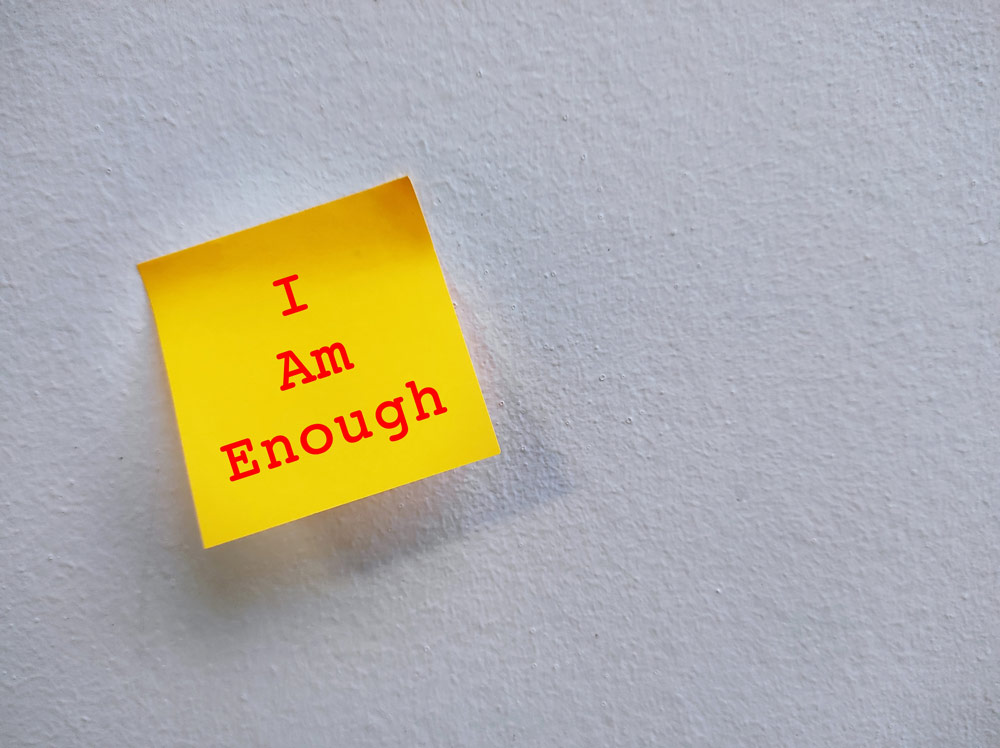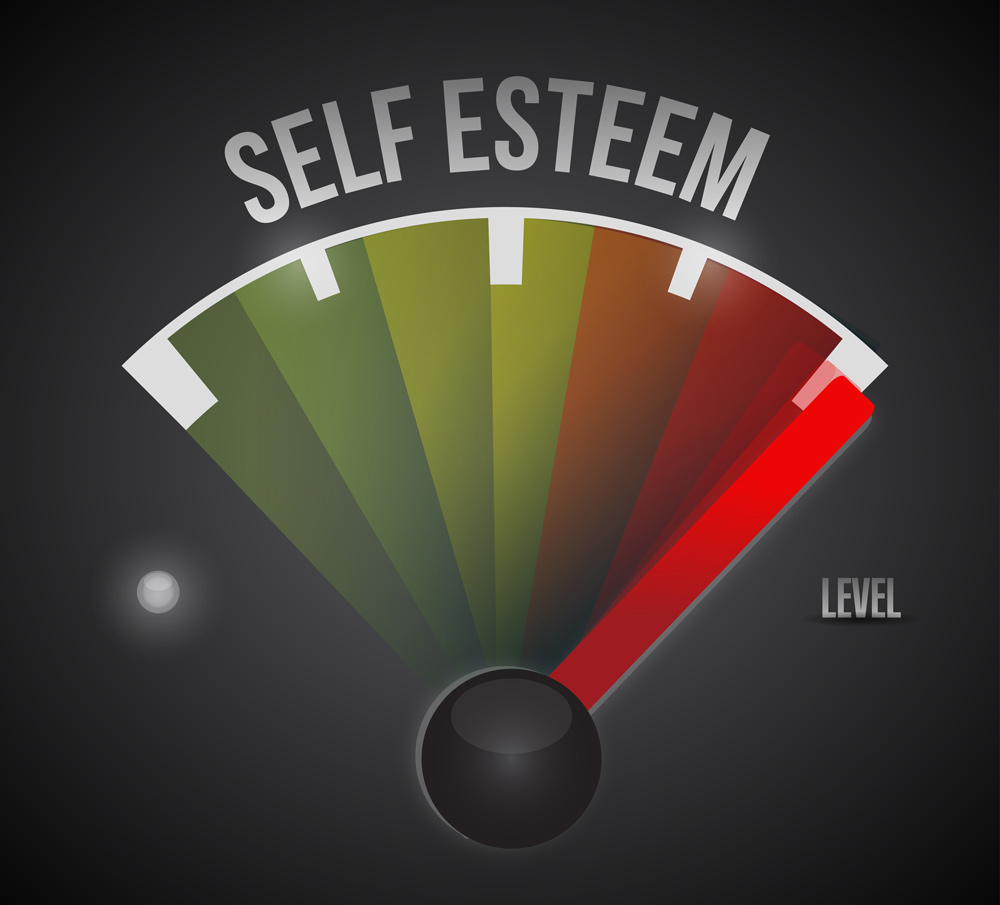How low self esteem develops

Negative beliefs about ourselves is at the heart of low self esteem. Often, the beliefs we have about ourselves are conclusions we come to based on the things that have happened to us in our life. Our experiences when we were younger, including school, family, friendships and the society and cultures we live in have an impact on our thoughts and beliefs about many things, including ourselves.
Lots of possible negative experiences can lead to low self esteem such as:
- Being bullied
- Abuse or neglect in childhood
- Difficulty meeting parents standards or expectations
- Lack of praise, warmth or affection
- Abusive teenage or adult relationships
- Not fitting in at home or at school
- Difficulty making friends
- Having a high achieving brother or sister
- Parents or family members have mental health problems
- Parents or other family members having greater needs
- Our families perceived place (or status) in society
- Parents away or absent often
At times people who have generally had healthy self-esteem can find that their self confidence can be knocked or can totally be shifted by events in later life. This can be relatively gradual or can be quite quickly. Having experiences such as being bullied, intimated at work, abusive relationships and friendships, losing a job, financial hardship, traumatic events, becoming a parent, continuous stressful life events, or illness and injury.
The idea in Cognitive Behavioural Therapy, is that these past experiences have an impact on our core beliefs. These are the beliefs we arrived at about ourselves or other people based on our past experiences. Common core beliefs are:
“I am stupid or incompetent”
“I am not good enough”
“I am a failure”
“I am worthless”
“I am unloveable”
“I am bad”
“I am unlikeable”
“I am a burden”
“Other people are more importer than me”
“I am unattractive”

Because we strongly believe these core beliefs, they have a strong impact on emotion and can be very distressing. We therefore develop some rules, standards or guidelines for how we live our life. These rules guard or protect us from the truth of our negative core beliefs.
Some examples of rules could be:
“I must be the best at everything”
”I must always put others first”
“I must never upset anyone”
“I must never make a mistake”
“I must never display an emotion”
How we behave in day to day life is strongly guided by these rules that we have for ourselves. So depending on what your rules are, you might try and do everything perfectly all of the time, or try and put others first all of the time. You may then feel OK about yourself if you are able to meet these rules.
The problem is, that often is it difficult to always meet these rules. In these situations, we are going to start to feel anxious. It also can very exhausting and stressful trying to always live up to these rules. All of this effort is to try and avoid feeling bad about yourself.
However, the negative core beliefs are still there under the surface. These rules have just kept these core beliefs from ever changing. This is because it stops us from finding out that the core beliefs are not true. We don’t find out it’s OK to make a mistake, or to put ourselves first or to say no to someone. So the rules just reinforce the negative core beliefs and keep us stuck in a negative cycle.
CBT can help us break this cycle by finding more realistic and balanced core beliefs, thoughts, rules and behaviours
How can CBT help?

CBT can help develop your awareness of your mental health and your self esteem and give you the tools to build healthy self worth, confidence and self esteem.
I will help you to identify and challenge unhelpful and unrealistic thinking and try and understand where these patterns developed.
We can then work towards holding more helpful beliefs about yourself and developing the behaviours that go with these beliefs. This will involve making changes and trying out new behaviours. For example, putting yourself fist more, or saying no to people. We will aim to do this in a stepped away as these can be difficult changes at times.
I will also help you be able to be better at identifying your won strengths and qualities and identify and build evidence for some more helpful beliefs about yourself. This will then help you stop automatically noticing all the faults and perceived weakness. This will help you maintain health self esteem of the future.